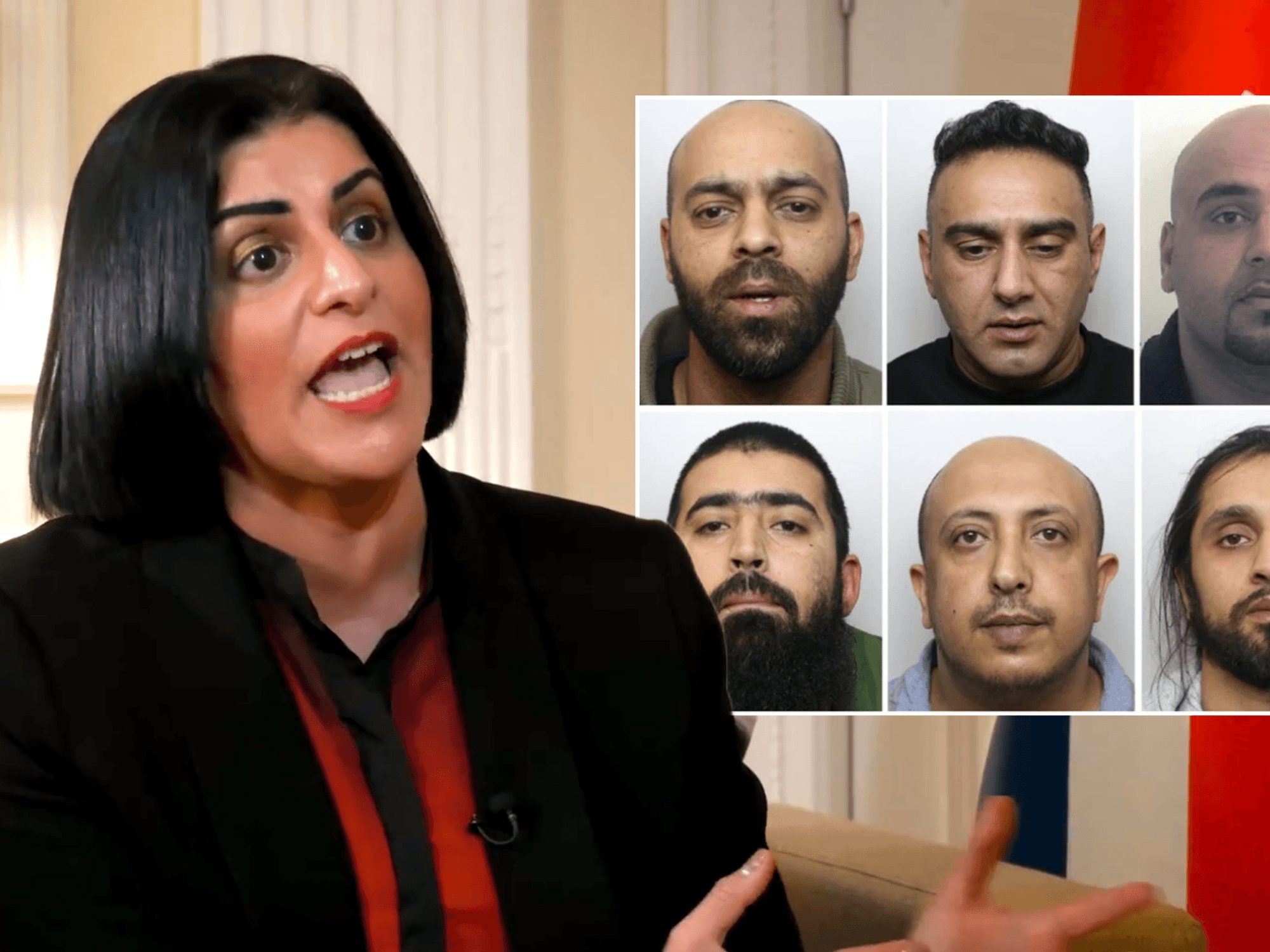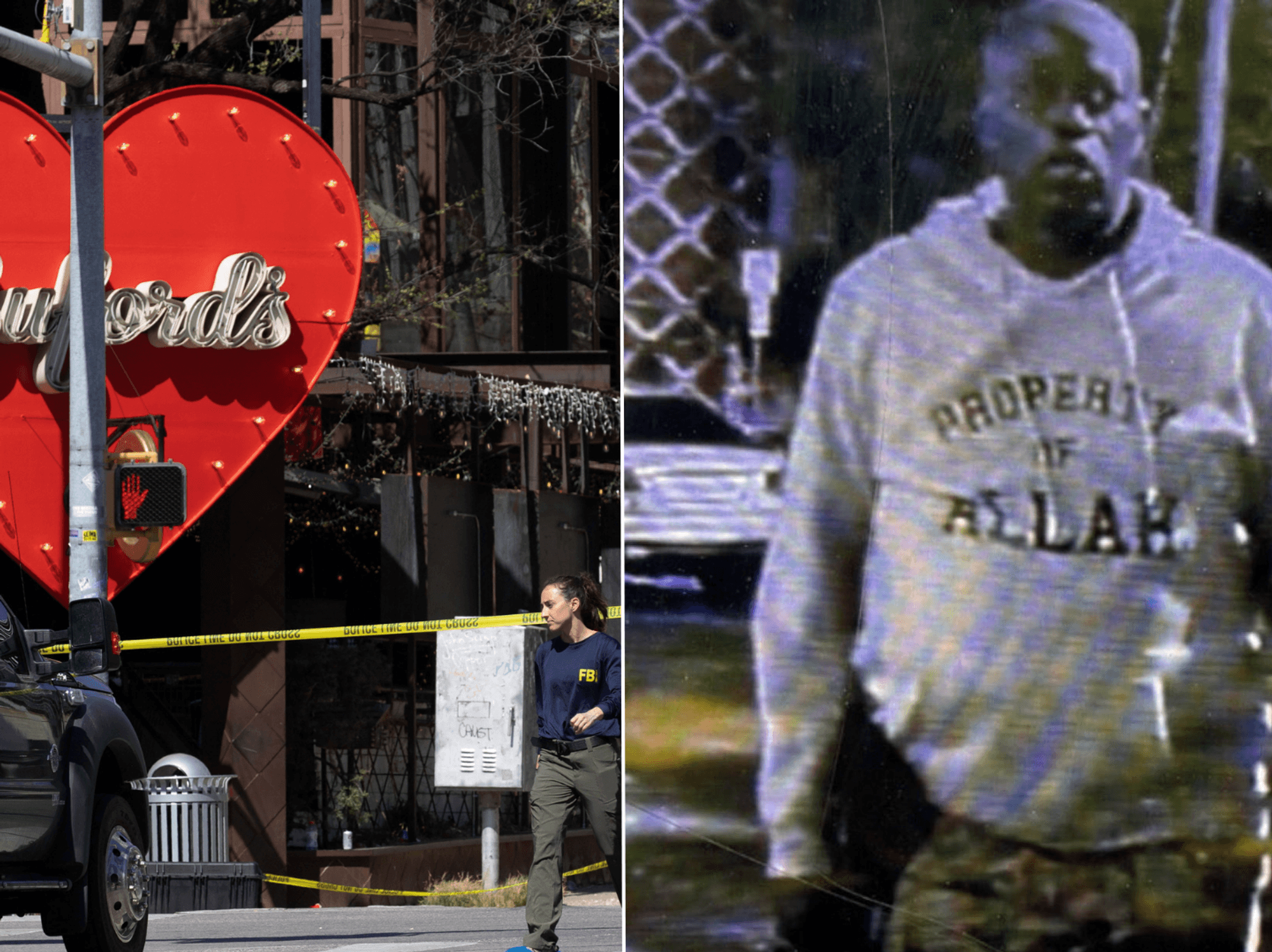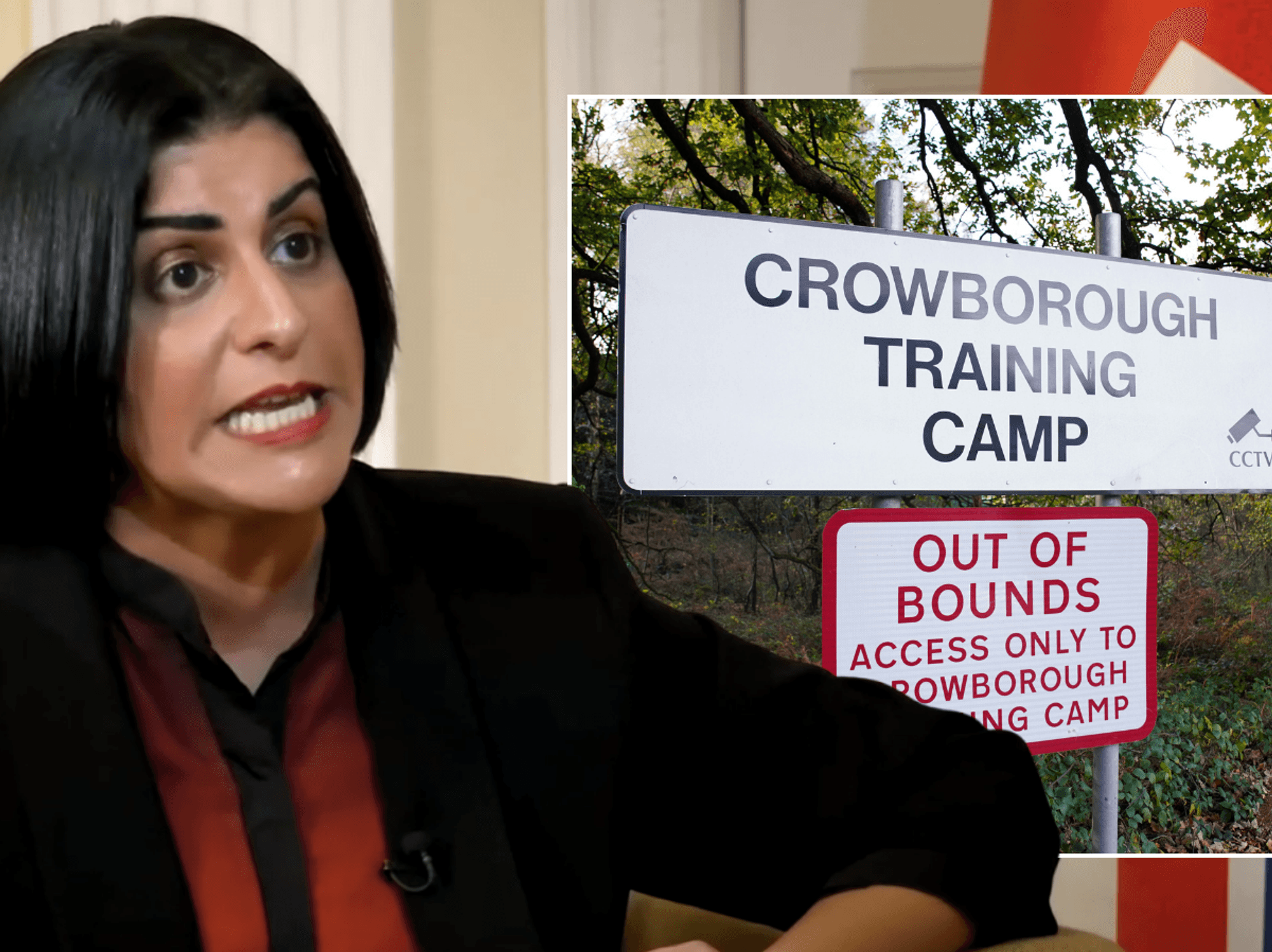Charlie Hunnam issues stern defence of Monster: The Ed Gein Story amid backlash to violent scenes
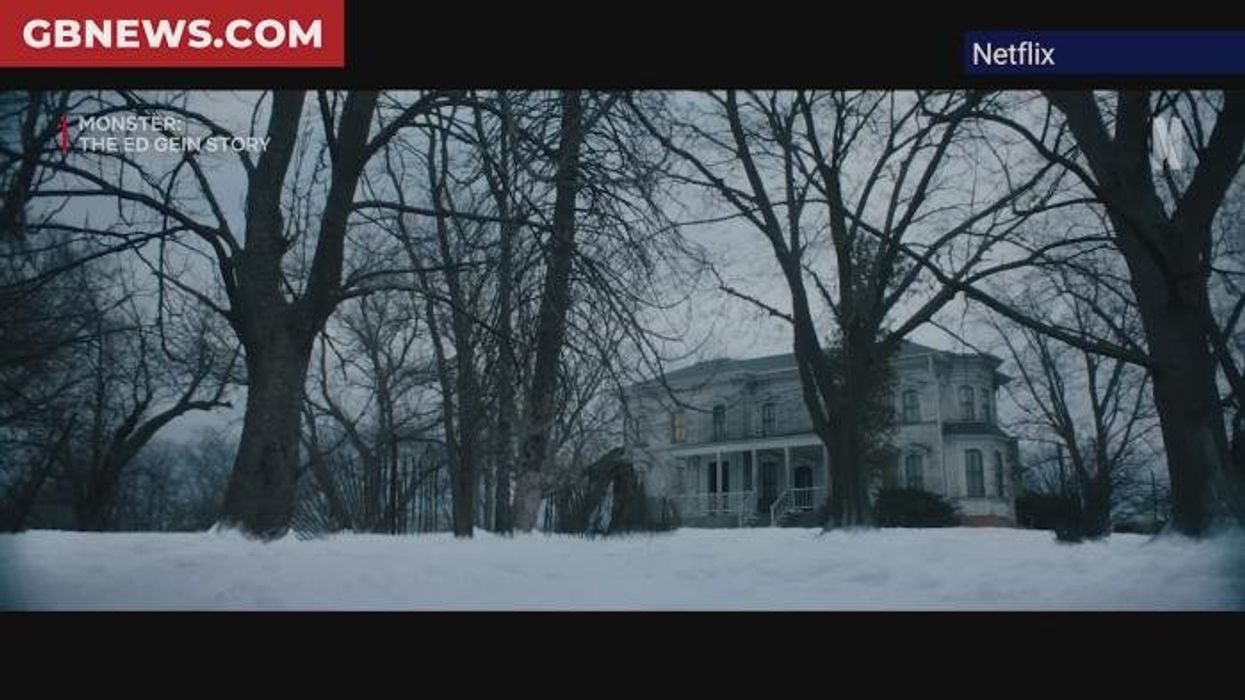
WATCH HERE: Trailer for 'MONSTER: The Ed Gein Story' on Netflix
|NETFLIX

The actor portrays one of America's most infamous killers in the new series
Don't Miss
Most Read
Actor Charlie Hunnam has responded to accusations that Netflix's latest true-crime series glorifies its subject matter, maintaining the production team approached the material with sincerity.
The 45-year-old, who portrays the infamous killer in the streaming platform's newest anthology instalment, Monster: The Ed Gein Story, rejected suggestions the programme exploits real-life tragedy for entertainment value.
"I never felt like we were sensationalising it," Hunnam insisted.
Speaking to the Hollywood Reporter, he added: "I never felt on set that we did anything gratuitous or for shock impact. It was all in order to try to tell this story as honestly as we could."
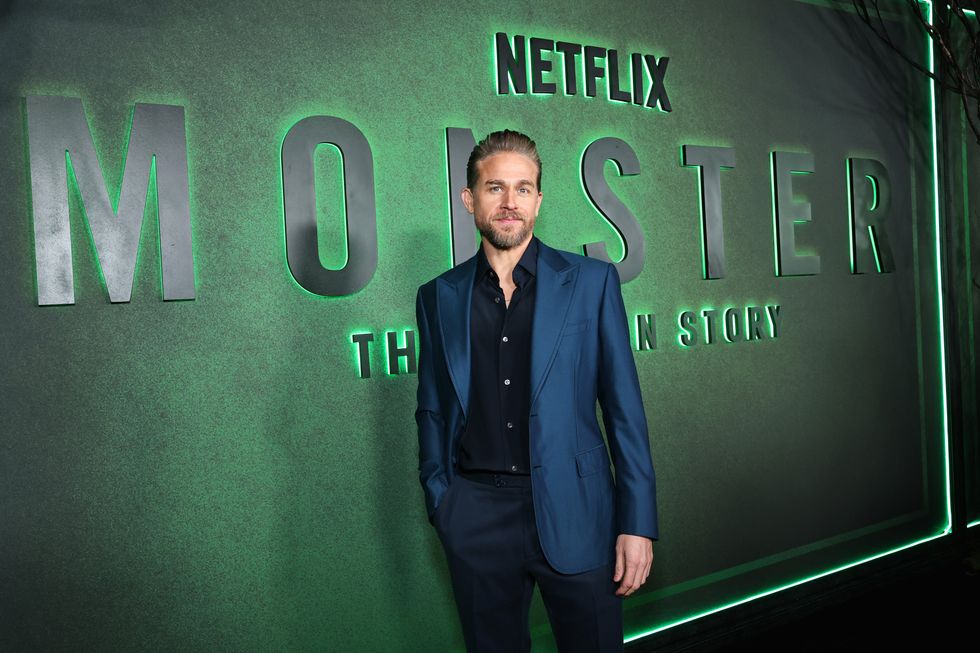
Charlie Hunnam defended Netflix series Monster: The Ed Gein Story
|GETTY
The series has attracted significant viewership since its October 3 release, claiming the top position on Netflix's most-watched chart whilst simultaneously drawing criticism for its graphic portrayal of the Wisconsin murderer's life.
Hunnam posed philosophical questions about culpability in an interview, challenging audiences to consider alternative perspectives on responsibility.
"Is it Ed Gein who was abused and left in isolation and suffering from undiagnosed mental illness and...that manifested in some pretty horrendous ways?" he asked The Hollywood Reporter.
"Or was the monster the legion of filmmakers that took inspiration from his life and sensationalised it to make entertainment and darken the American psyche in the process?"
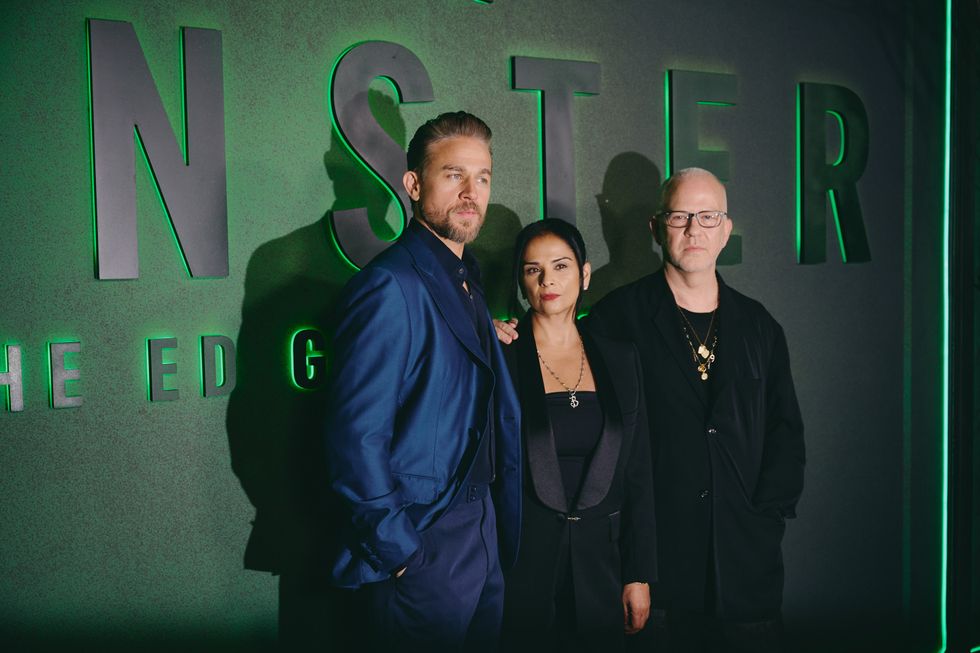
Charlie Hunnam portrays the infamous killer in the new series
|GETTY
The Sons of Anarchy star extended his inquiry further, questioning whether Alfred Hitchcock might bear responsibility for transforming real tragedy into entertainment.
"Is Ed Gein the monster of this show, or is Hitchcock the monster of the show? Or are we the monster of the show because we're watching it?" he pondered.
The programme represents the third instalment in Ryan Murphy and Ian Brennan's anthology series, following previous seasons focused on Jeffrey Dahmer and the Menendez brothers.
Despite facing heavy criticism similar to its predecessors, the show has maintained strong viewership numbers since beginning streaming last week.
Latest Developments
Hunnam revealed he conducted extensive research before taking on the challenging role, acknowledging the weight of portraying such a controversial figure.
"The why of this, I really grappled with," he told TV Line, expressing concerns about contributing negative content to public discourse.
The actor anticipated potential backlash, telling Variety before the premiere that viewers might accuse him of being overly sympathetic towards the character.
He emphasised his goal was bringing the historical figure to life in an authentic and human manner.
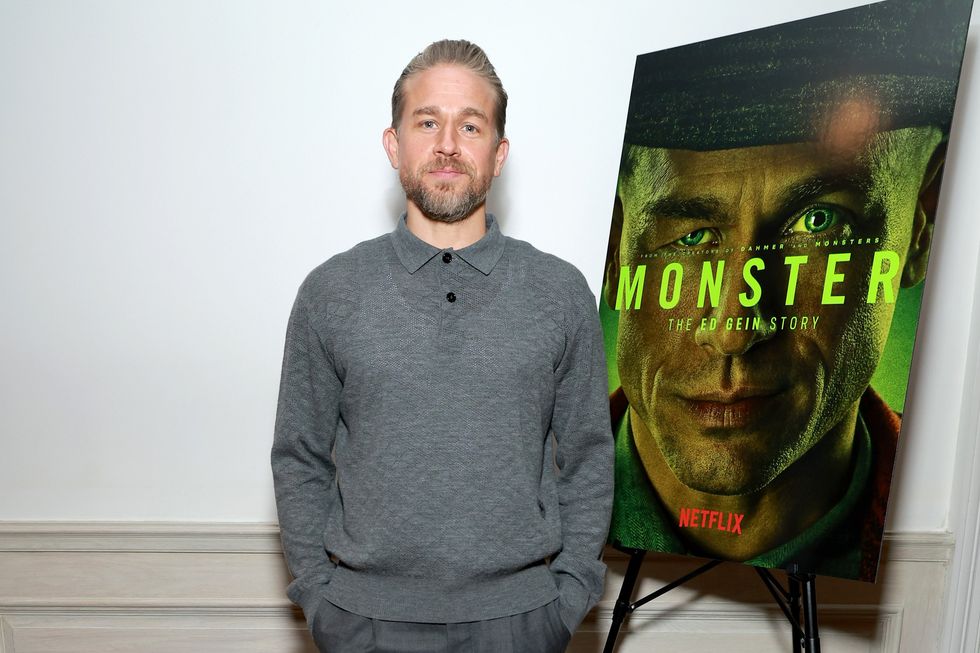
The series explores the 1950s Wisconsin farmer whose grave robbing and creation of macabre objects from human remains shocked America
|GETTY
The series explores the 1950s Wisconsin farmer whose grave robbing and creation of macabre objects from human remains shocked America and inspired numerous Hollywood productions.
Co-creator Ian Brennan defended the anthology's approach, telling The Hollywood Reporter that the production team strives to avoid exploitation, describing the narrative as fundamentally examining mental health issues.
"Ed at its core is a story of mental illness," Brennan stated.
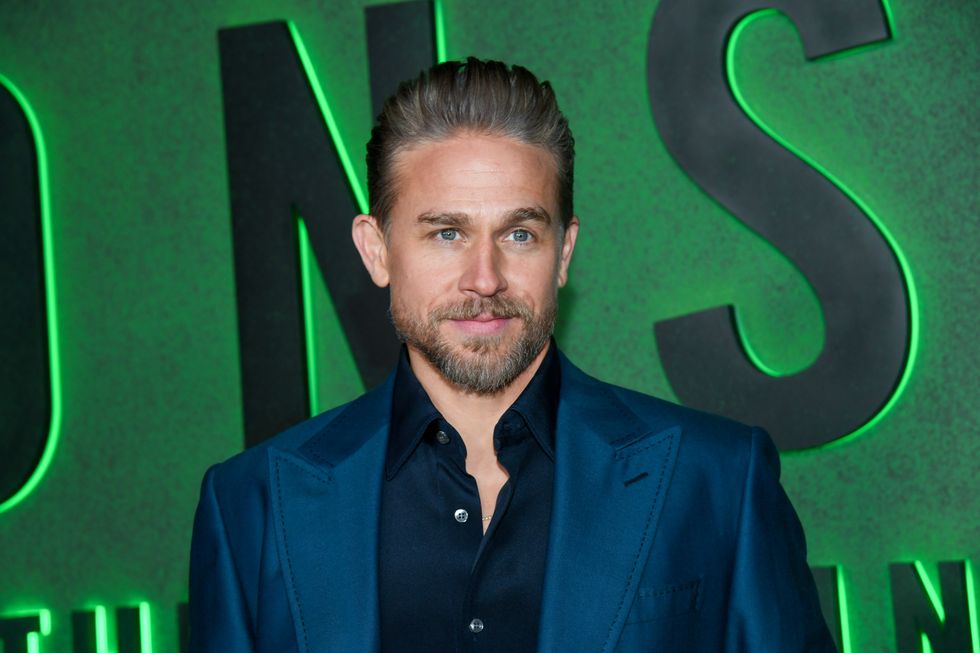
The real Gein, nicknamed the Butcher of Plainfield, was arrested in 1957 but deemed unfit for trial
|GETTY
The real Gein, nicknamed the Butcher of Plainfield, was arrested in 1957 but deemed unfit for trial following a schizophrenia diagnosis, subsequently being confined to Central State Hospital in Waupun, Wisconsin.
His crimes famously influenced Robert Bloch's 1959 novel Psycho and its subsequent Hitchcock film adaptation, along with The Texas Chain Saw Massacre and The Silence of the Lambs.





